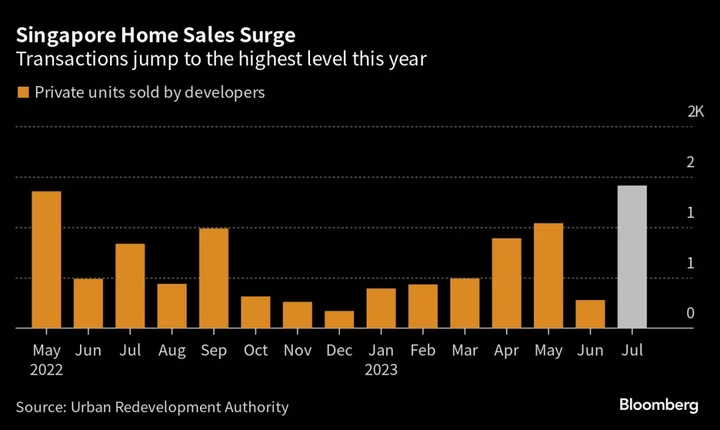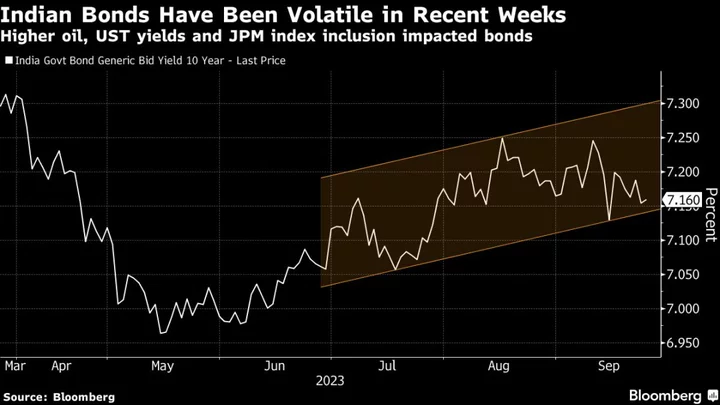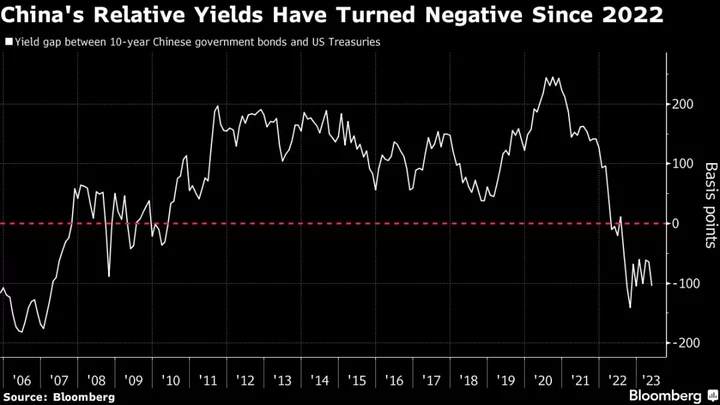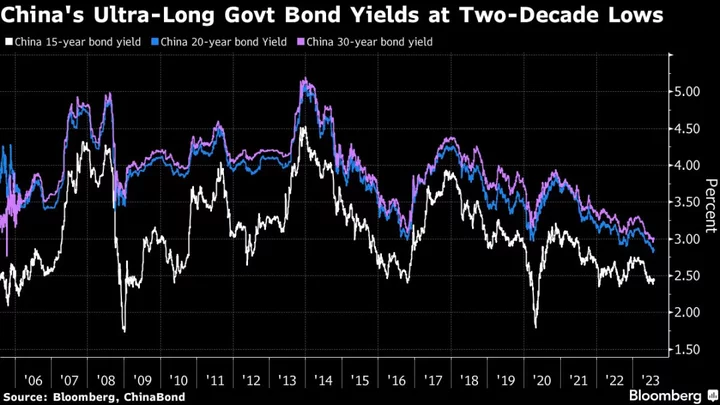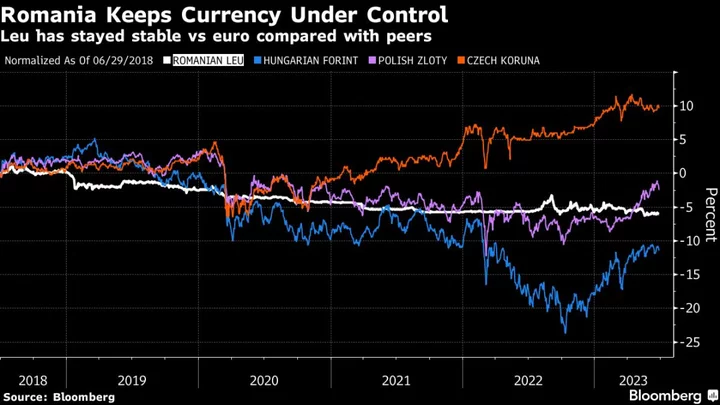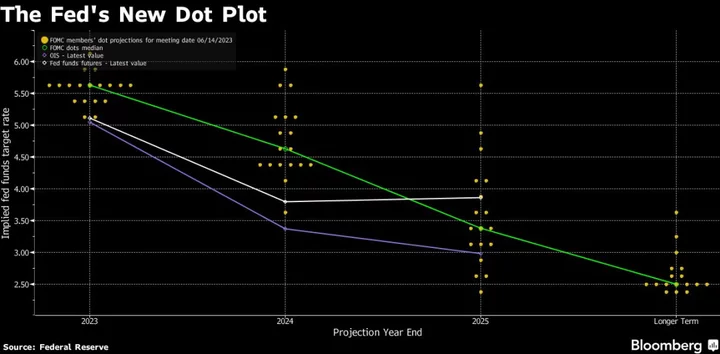China has reportedly asked asset managers to soon end real-time display of estimated net value for mutual funds, a move intended to prevent speculative day trading and withhold information that may exacerbate panic selling.
Regulators have told the country’s mutual fund companies and third-party data providers to stop offering such information by June 16, the Securities Times reported, citing unidentified sources. The move is meant to “guide investors toward long-term investment,” the report cited the sources as saying.
The reported decision comes as Chinese stocks have slumped in recent months after signs of a faltering economic recovery and unabated geopolitical tensions ended an impressive reopening rally. It also underscores authorities’ long-held concerns about the risk of wild swings in a market dominated by individual investors that often use mutual funds for speculation.
“This will help smooth market fluctuations as some funds may have been seeking arbitrage versus these real time calculations,” said Wu Xuan, chief market analyst at Tebon Fund Management Co. “I think the measure, rolled out at this point in time, may also be related to the market’s recent weakness.”
The real-time display of estimated fund values could lead to “irrational buying and selloffs,” according to the report. There may also be compliance issues as mutual fund houses could be pressured by data providers to reveal the latest information on their holdings, it added.
In addition, the value estimates may be misleading, given potential distortions caused by large redemptions or purchases toward the end of a trading day, the report said.
Officials at the China Securities Regulatory Commission didn’t immediately respond to requests for comment.
Currently, funds-tracking websites such as East Money Information Co., as well as third-party fund vendors like Ant Group Co., provide calculations of changes in funds’ value throughout the trading day. Some mutual fund firms, including Penghua Fund Management Co., also supply real-time updates on their apps.
The service was originally introduced as a gimmick to boost sales, catering to the needs of mom and pop investors and allowing them to chase rallies and offload during selloffs, the Securities Times report said.
“These value estimates may exacerbate investors’ mood swings within the day, and if the move does not meet expectations, it could lead to irrational selling on a whim, said Yang Ruyi, fund manager at Shanghai Prospect Investment Management Co. “This will lessen losses and help enforce a longer-term investment perspective.”
--With assistance from Mengchen Lu.
(Updates with details throughout)


